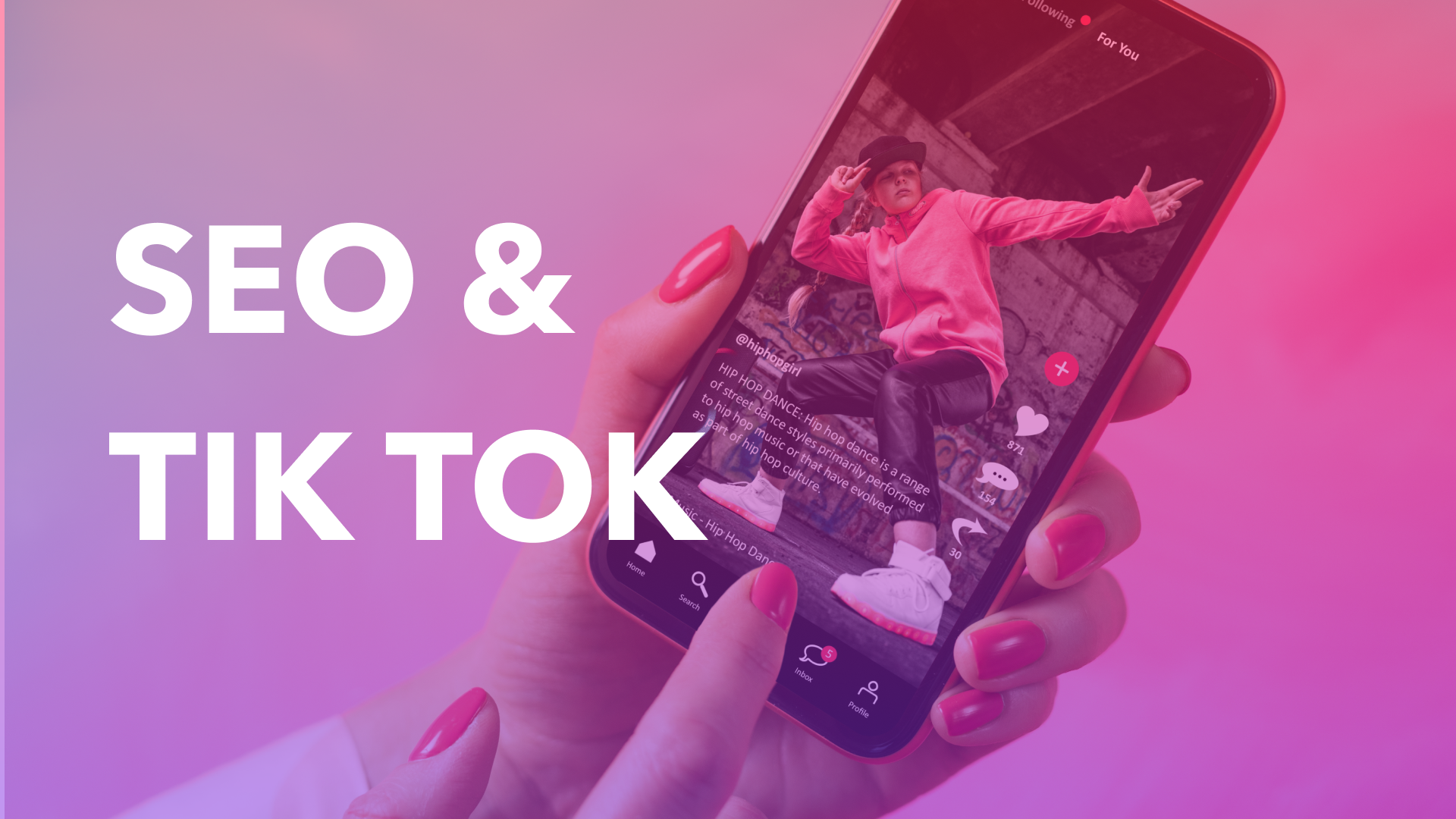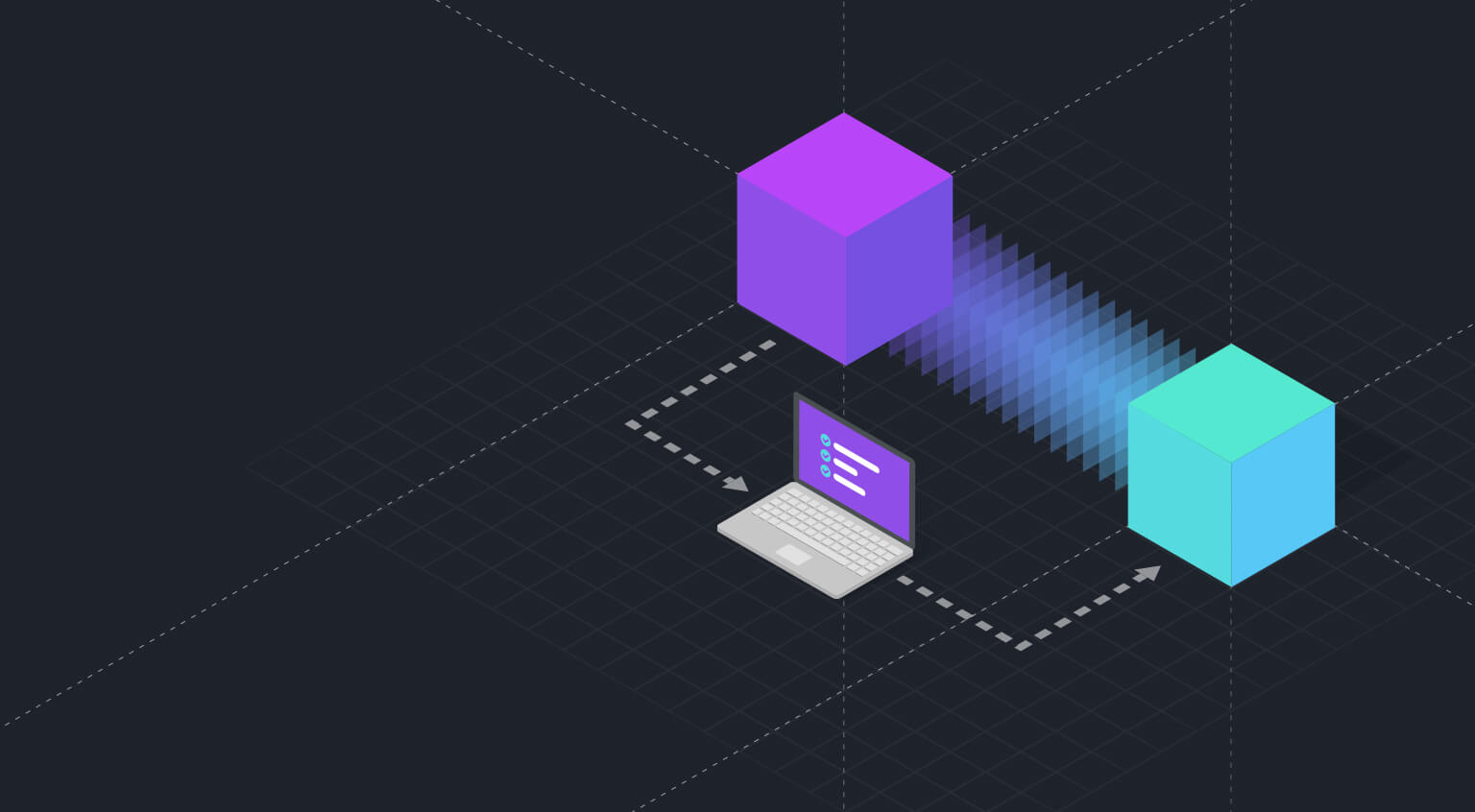3 min read
Search and Artificial Intelligence: Paradigm Shift, or Just Hype?
James Mathews Jul 21, 2023 8:29:00 AM
.png)
For years, the way people search online has remained largely unchanged. Just type in your query and a list of search engine results pages (SERPs) appear for clicking. But that’s all about to change—thanks to new advances in artificial intelligence (AI).The much-ballyhooed advent of AI-powered Google and Bing search engines is going to be a game-changer when it comes to how people search. In fact, Bing testers are already giving the search engine’s new AI-powered answers a resounding “thumbs up”, with 71 percent liking the new technology.
While big changes may not happen overnight, industries across the board—from hospitality and retail to healthcare, entertainment, and beyond—will have to pivot to respond. Here’s what industry leaders should be asking themselves today:
- What is AI really?
- What are the possibilities of AI?
- Isn’t AI already being used in search?
- How will these changes impact SEO?
- How will this affect your business?
- How soon will it happen?
- What does this mean for Bing vs. Google?
- How do you stay ahead of the game?
What is AI really?
Let’s start with the basics. AI is simply the simulation of human intelligence processes by machines, especially computer systems. AI is typically used in applications like:
- Expert systems (software programmed using AI)
- Language processing
- Speech recognition
- Machine vision
What are the possibilities of AI?
The future is already being shaped by artificial intelligence in almost every industry. Emerging technologies like big data, machine learning, IoT, robotics, and search are all leveraging AI to innovate their capabilities.Right now, AI is using pre-trained text data to inform its modeling, but future versions will allow it to test modeling against real-world data that includes images and actions. This will give AI the information it needs to continuously learn and optimize its processes and modeling, leading to better and faster results.
Isn't AI already being used in search?
Yes. AI already enhances search in several ways:
• Optimizing algorithms. Search engines have been using AI to optimize their algorithms for years. A few notable expert systems:Hummingbird, RankBrain, EEAT, and now Bard (more on Bard below).
• Natural Language Processing (NPL). NPL has been and continues to be used to understand the intent of searches.
• Speech Recognition + NLP = Voice Search. Search engines are using speech recognition to listen and understand the information being searched based on the user's voice patterns. It helps to determine if the query is a question or a statement (request function).
• Machine Vision = Reverse Image Search. Machine vision can parse images providing an easy way to search for products the user likeswithout knowing what it is beforehand.
How will these changes impact SEO?
Since AI is already being used in search today, you may be wondering why the announcement of Bing’s ChatGPT and Google’s Bard is so groundbreaking. In a nutshell, the new AI-powered versions of Bing and Google will transform how we get answers to our search queries—putting a stronger focus on content that answers questions. Here are two important takeaways:
• Answer Engine Optimization (AEO)could become the main driver for the search engine marketing industry. AEO is a subfield of SEO, which is used in the creation of content that directly answers the questions of users. While the list of SERPs we’re used to seeing in response to an online query isn’t going anywhere anytime soon, the question is: will people need to click to get the answers they need?
• Local SEO will become more immersive. Google announced during its AI event there are more intuitive features coming to their maps. They are combining the street view with aerial images to create a 3D immersive view. Maps are also adding updates to their Live View and Navigation.
How will this affect your business?
Since the chatbots will be able to provide up-to-date information based on an evolving conversation and personalized recommendations—zero click and immersive content could play a big role. Search engines answering questions directly could start to reduce traffic to websites, booking funnels, and beyond—leaving brands to redefine what traffic looks like. In addition, local SEO will have the opportunity to optimize more immersive content like Live view videos.
How soon will it happen?
Estimates range from three to five years for a fully functioning AI-powered search. Google’s reveal of Bard showed that it still has work to do before the information can truly be trustworthy. Microsoft’s ChatGPT 3.0 is still basic at best. This isn’t the first time we’ve seen both tech giants race to release new technology only to have it flop. But it doesn’t mean the groundwork isn’t laid.
What does this mean for Bing vs. Google?
ChatAI could level the playing field. Microsoft Bing’s announcement of ChatGPT’s integration caught Google off guard. Google quickly responded with the announcement of Bard—however, it’s clear Bard is trailing ChatGPT in functionality. But don’t count Google out just yet. Google can scale quickly given its user data index is much larger.
How do you stay ahead of the game?
By being a leader in SEO and AI. Here are four steps you can begin taking today:
• Review relevant news and attend related events to stay up on the evolution of AI and search.
• Schedule monthly cross-functional check-ins on the subject.
• Create testing models for content to understand how search engines/AI ChatBots are utilizing and serving content to users.
• Track competitors’ share of voice (SOV) for any indicators they may be implementing new strategies.

Better Together: Tik Tok and Your SEO Strategy
In the fast-paced world of social media, TikTok has captured the attention of millions worldwide with short-form, engaging videos, and become a...

The SEO expert’s site migration checklist
Your budgets have been approved and you’ve got the go-ahead for your site migration, great news! Get it right and you’re going to be a hero. Get it...

Five SEO Tips to Boost Holiday Traffic and Sales
For e-commerce and retail brands, the holiday season is often synonymous with the shopping season. Whether it’s Black Friday, Cyber Monday or the...
